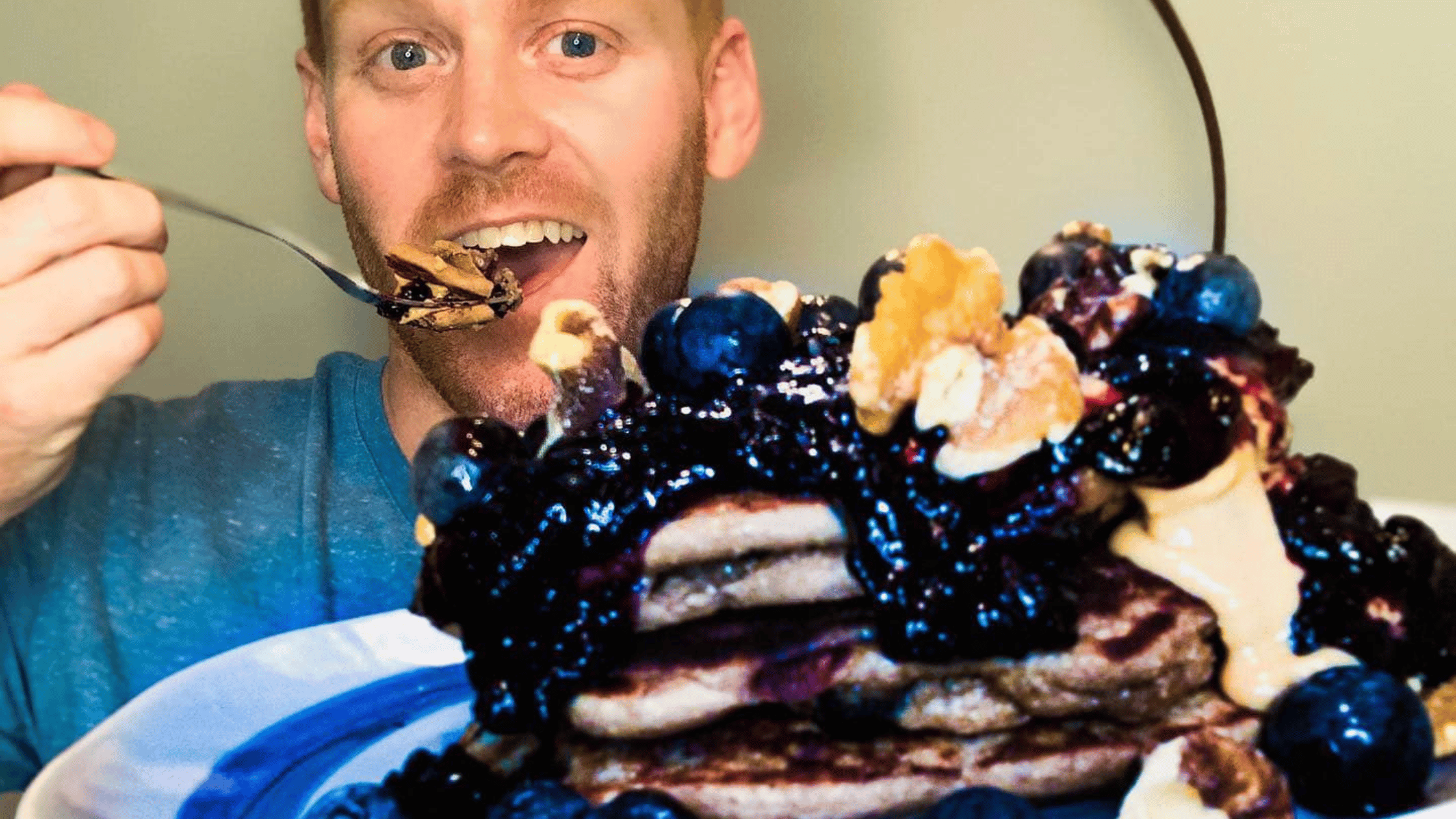In the heart of every family caring for elderly members, especially those battling illnesses like dementia, lies an often unacknowledged hero: the primary caregiver. My journey into the world of caregiving began unexpectedly, as it does for many, when I assumed the role of primary caregiver for my beloved grandmother and mother, both of whom were navigating the challenging terrain of dementia. This experience, while filled with moments of profound love and connection, opened my eyes to the glaring gaps in the support system for caregivers and the urgent need for dedicated legal, mental health, and relief solutions.
The transition to primary caregiver was not a choice made after leisurely consideration but a necessity thrust upon me by circumstances. Despite the lack of preparation and the sudden shift in my life’s trajectory, I embraced the role with a sense of duty and love. The path was far from easy; caregiving, especially for loved ones with dementia, is a 24/7 job that knows no breaks. The complexity of their needs often meant navigating a labyrinth of medical appointments, treatment plans, and daily care routines, all while trying to maintain a semblance of normalcy for them and myself.
One of the most significant challenges I faced was the lack of dedicated legal support tailored to the unique needs of primary caregivers. The legal intricacies involved in caregiving—from securing the right to make medical decisions on behalf of my loved ones to managing their financial affairs—were daunting. The absence of accessible, caregiver-specific legal assistance left me feeling overwhelmed and, at times, powerless in my efforts to provide the best care possible.
Furthermore, the mental toll of caregiving cannot be overstated. The emotional rollercoaster of watching loved ones decline, coupled with the constant pressure of caregiving responsibilities, often left me feeling isolated and drained. The need for dedicated mental health solutions for families of caregivers became glaringly apparent. Support groups, counseling services, and respite care options tailored to the unique challenges faced by caregivers would have provided a much-needed lifeline during the most challenging moments.
Another critical gap is the lack of relief and support for health caregivers like myself. Despite the all-consuming nature of caregiving, I received no compensation for my time and effort. The financial strain, coupled with the physical and emotional demands of caregiving, can be overwhelming. Solutions that offer relief, such as financial assistance, respite care, and recognition of caregiving as valuable work, are essential to support caregivers in their roles.
Despite these challenges, my love and dedication to my grandmother never wavered. I would willingly walk this path again for her, for the moments of joy amidst the hardship, the lessons learned, and the unbreakable bond we shared. However, my experience has underscored the pressing need for a more supportive framework for caregivers. We need a system that recognizes and addresses the legal, mental health, and relief needs of primary caregivers, ensuring they have the support they need to continue their invaluable work. Though I asked for nothing and gave everything, I hope this story helps others like myself.
As we move forward, it is imperative that we advocate for comprehensive support systems for caregivers. By doing so, we not only uplift those who have selflessly assumed this role but also ensure that our elderly and vulnerable loved ones receive the compassionate care they deserve. It is time for society to recognize and honor the sacrifices and contributions of primary caregivers by providing them with the dedicated support they so desperately need and rightfully deserve.
Discover more from Properly Palmer
Subscribe to get the latest posts sent to your email.




